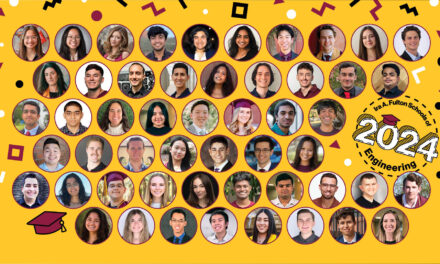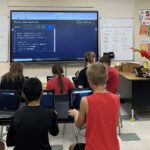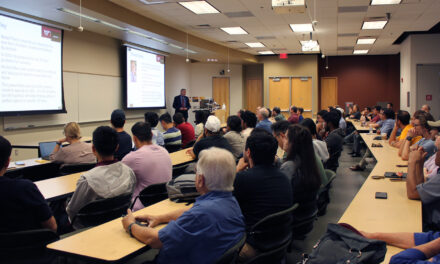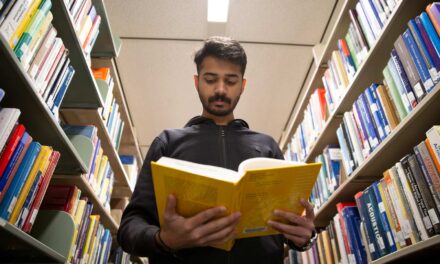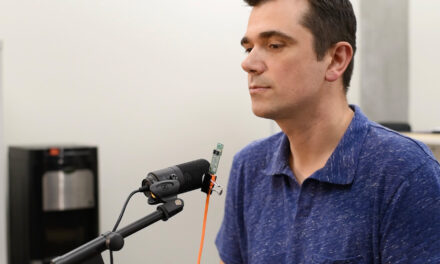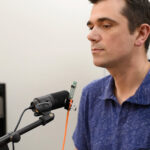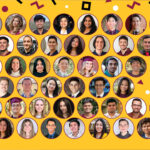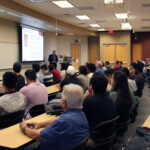
2021 year in review
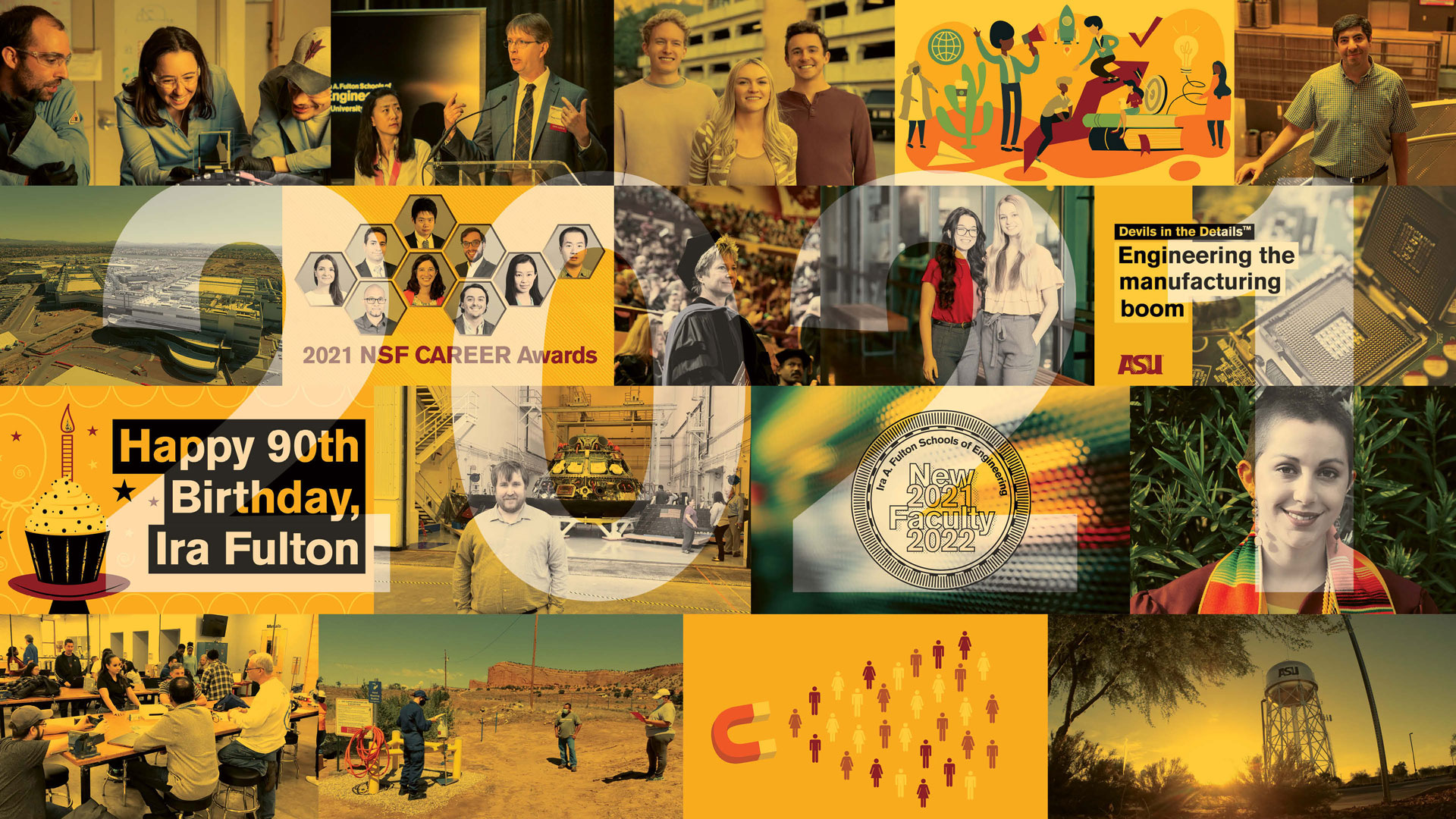
It has been a remarkable year for the Ira A. Fulton Schools of Engineering at Arizona State University. From introducing a new school that will help spur technological growth and expansion to faculty members and alumni earning national recognition for their research and discovery, the Fulton Schools continues to create unique opportunities for faculty and students to explore and excel.
Revisit some of the year’s most popular stories published to our engineering news blog, Full Circle. We selected the stories that resonated with you, so take a look month by month at how Fulton Schools students and faculty made lasting impacts throughout the year.

January
Collaboration committed to diversity in engineering
A Fulton Schools summer research experience for engineering students from historically Black colleges and universities, or HBCUs, expanded in 2021 to include new schools and additional industry sponsorship. Intel, which helped facilitate the 2020 program, and now Facebook committed significant funding to support internships for students from HBCUs, faculty collaboration among the universities, and diversity in STEM fields.
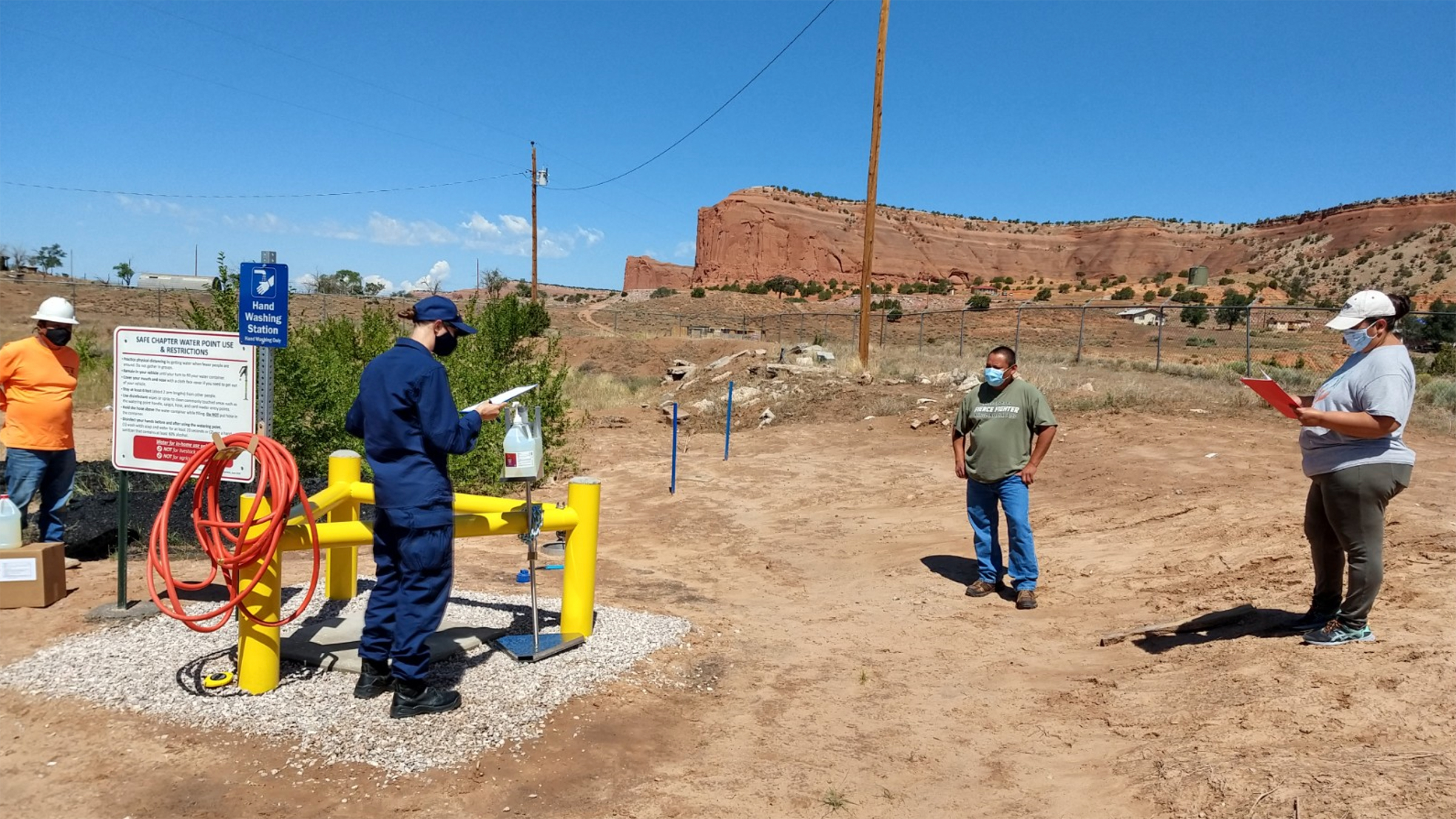
February
ASU launches tribal coordination center to battle COVID-19
The COVID-19 pandemic has disproportionately impacted indigenous communities in part due to long-term, inadequate investment in education, infrastructure and health care services. Otakuye Conroy-Ben, an assistant professor of environmental engineering, is the principal investigator in National Science Foundation and National Institutes of Health projects to apply wastewater-based epidemiology to detect coronavirus in reservation sewer systems. A new Wastewater-Based Epidemiology Tribal Coordination Center will also help make connections with tribes to address infrastructure needs.

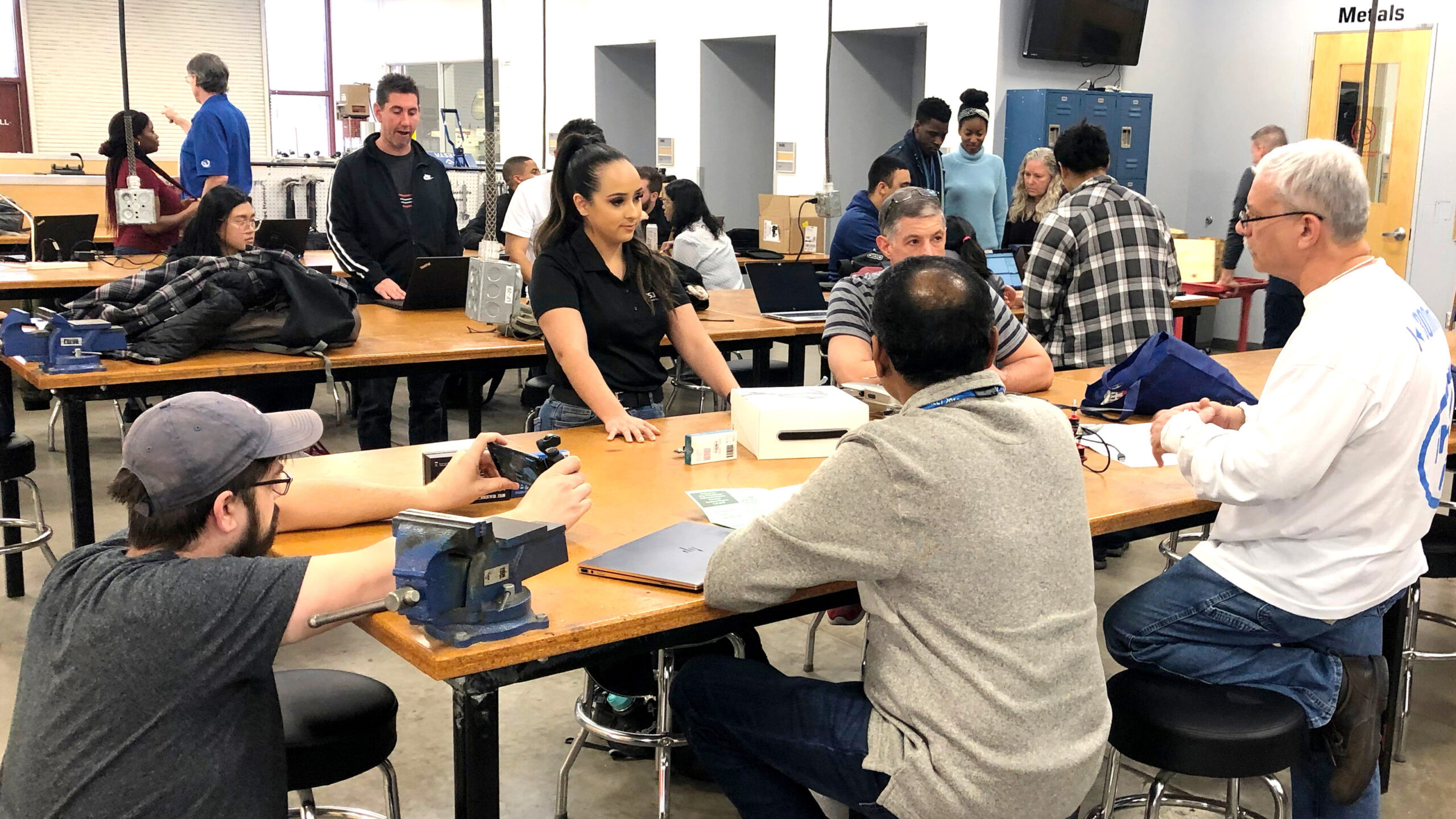
“Our mission [in the new Social Innovation Startup Lab] is to focus and strengthen university, industry and community partnerships. We want to engage and connect companies, employees, faculty, students and communities in a meaningful experience while developing purposefully driven startups that provide responsible technological solutions to the community and nonprofit sectors.”
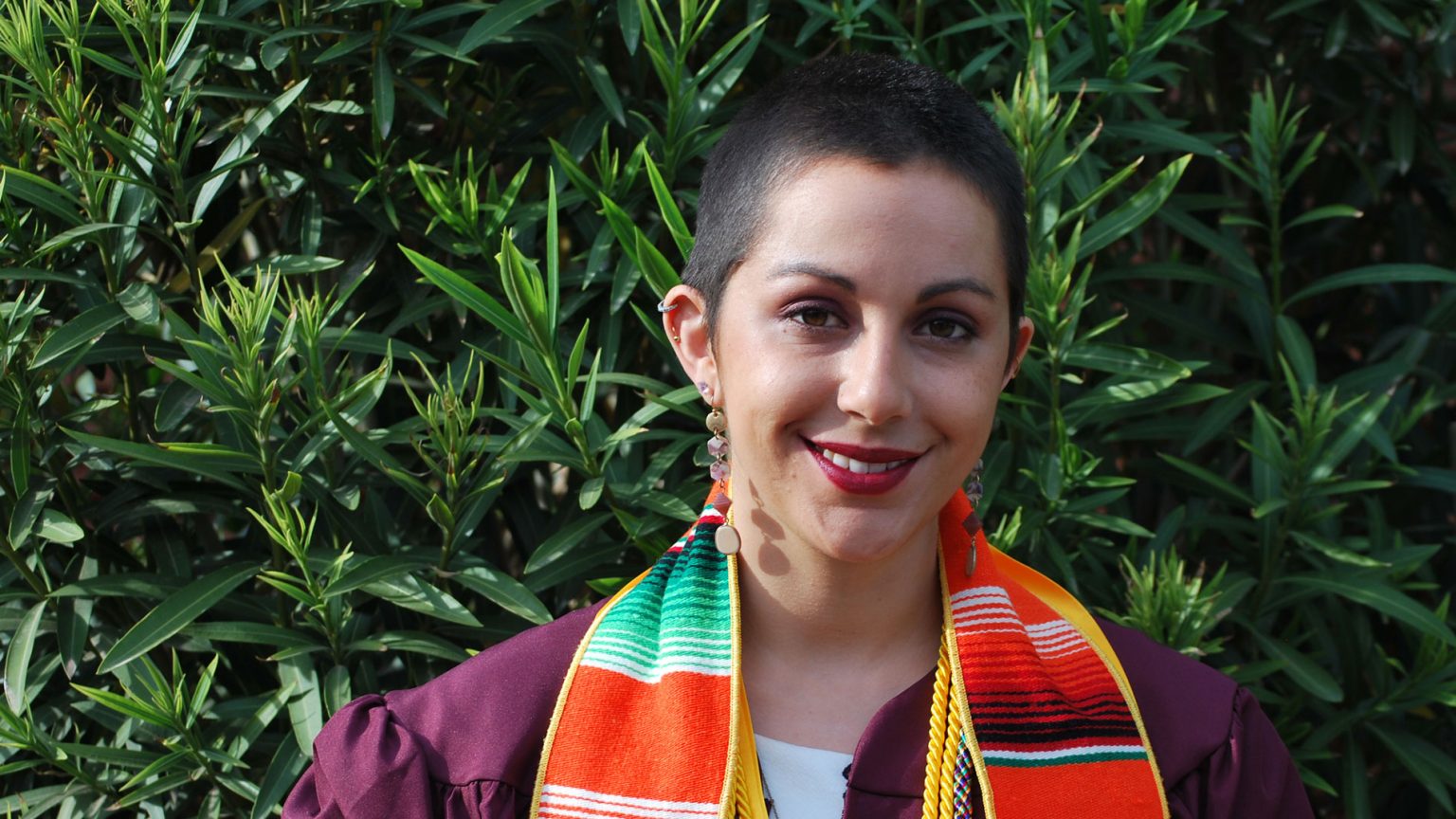
“After my injury, the thing I struggled with most was not having control over certain parts of my body. I learned about biomedical engineering because of all the devices that disabled people rely on, and became aware of a whole new world of pains and struggles filled with incredibly strong people fighting for life. It’s engineering, but it is also related to health care. It’s a role in medicine, but from a different perspective. I thought it was perfect.”

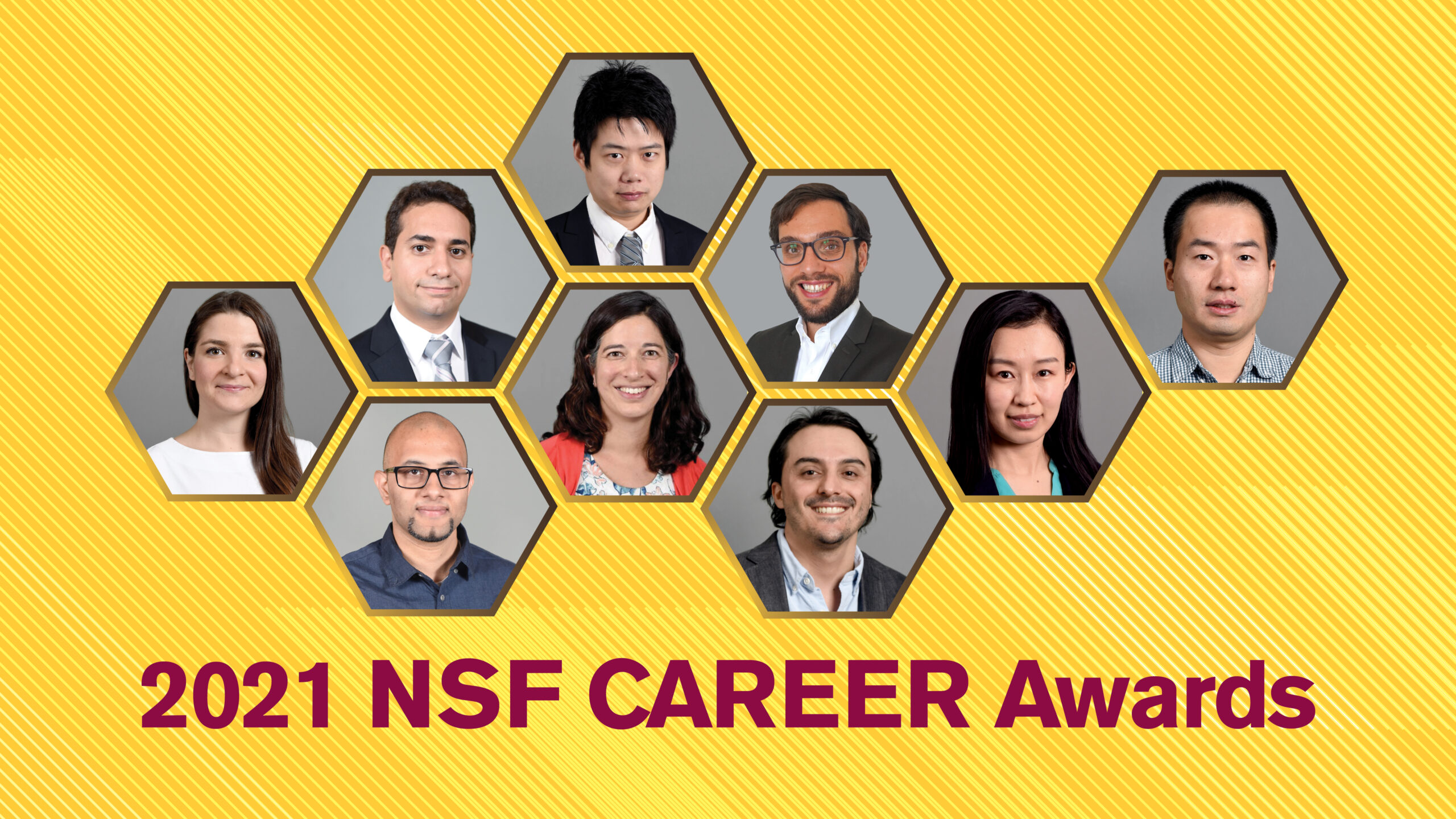
May
Nine ASU Engineering faculty continue record of excellence earning NSF CAREER Awards
Nine faculty members in the Ira A. Fulton Schools of Engineering have received National Science Foundation Faculty Early Career Development Program (CAREER) Awards in 2021. The awards total an estimated $4.8 million to fund projects over the next five years. Earning the NSF CAREER Award is a hallmark achievement for these early career faculty members who have each developed a comprehensive plan to conduct impactful research and deliver a rich educational experience to their students.
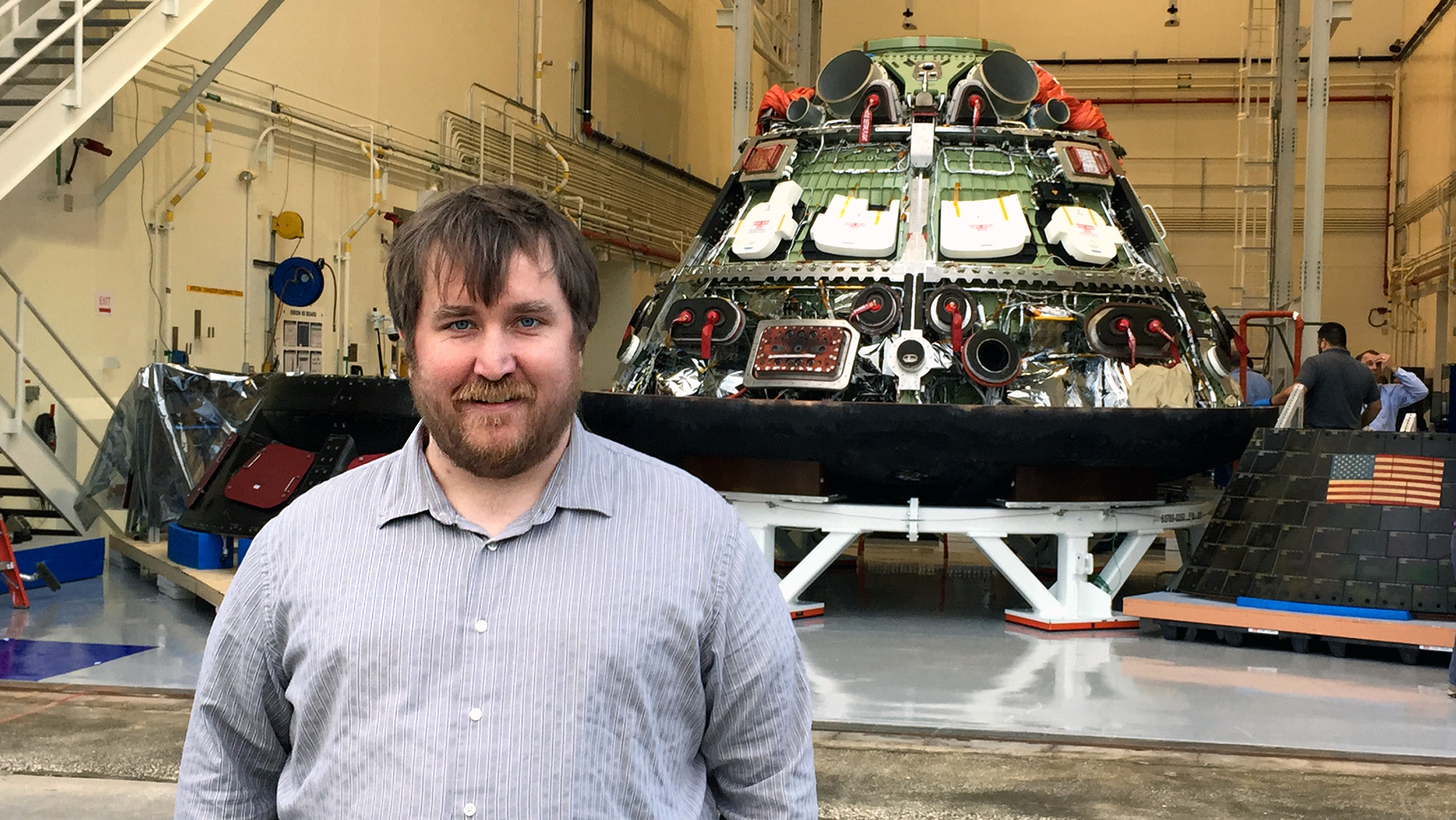
“I’ve been lucky to work on some of NASA’s most complex systems engineering problems and public policy issues involved in trying to shape our human spaceflight goals. And because of the range of my undergraduate and graduate studies, I feel I can bring both technical knowledge and a philosophical approach to problem-solving in these different areas.”

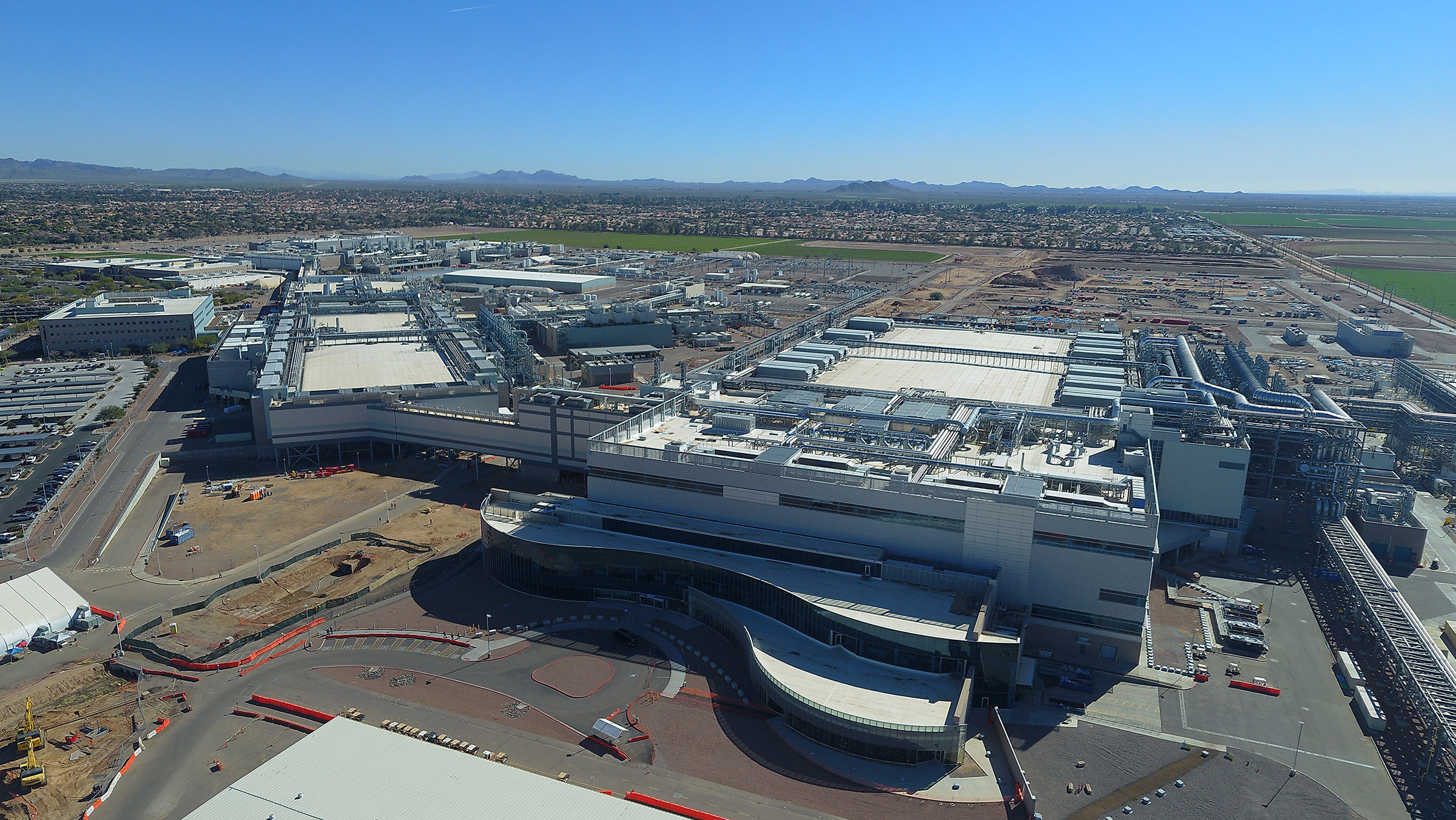
July
Semiconductor certificate moves students from lab to fab
A global shortage of computer chips is disrupting the production of goods ranging from appliances to automobiles. The semiconductor industry is responding by expanding its manufacturing capacity, and the Phoenix metropolitan area is an emerging locus for new fabrication plants, or “fabs.” Meeting the challenge of fueling the pipeline of technical talent for new fabs is the purpose of a new Certificate in Semiconductor Processing program in the Fulton Schools.
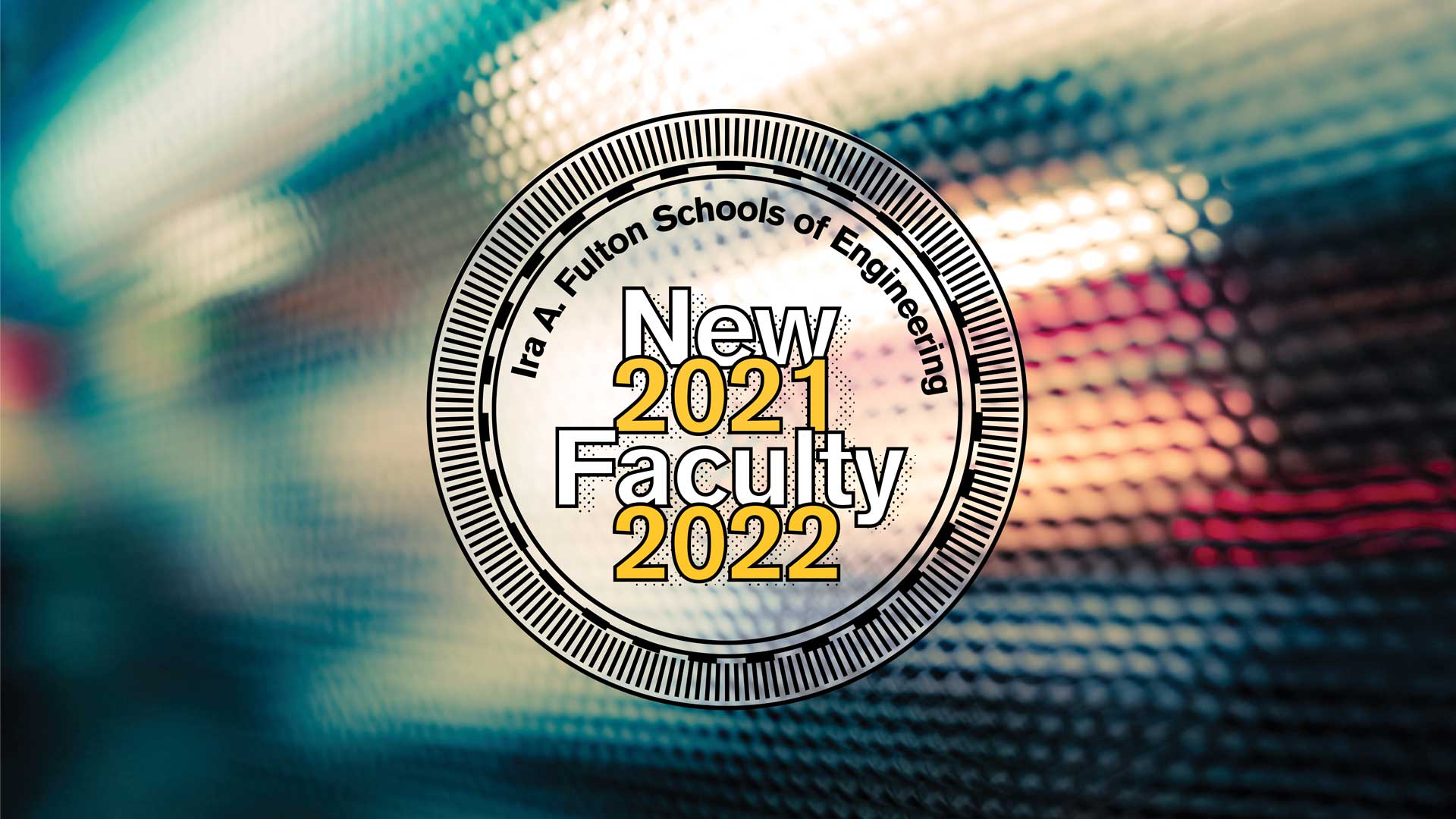
“Academic and research excellence is a central goal, and one that is effectively a journey requiring tremendous dedication by the faculty and support by the Fulton Schools. Our faculty not only make an impact within their disciplines but also foster an environment and a culture that promotes excellence. We always benefit from more gifted minds and articulate voices to broaden the impacts that we have all come to expect from the Fulton Schools. So, please join me in extending an enthusiastic welcome to these impressive scholars.”

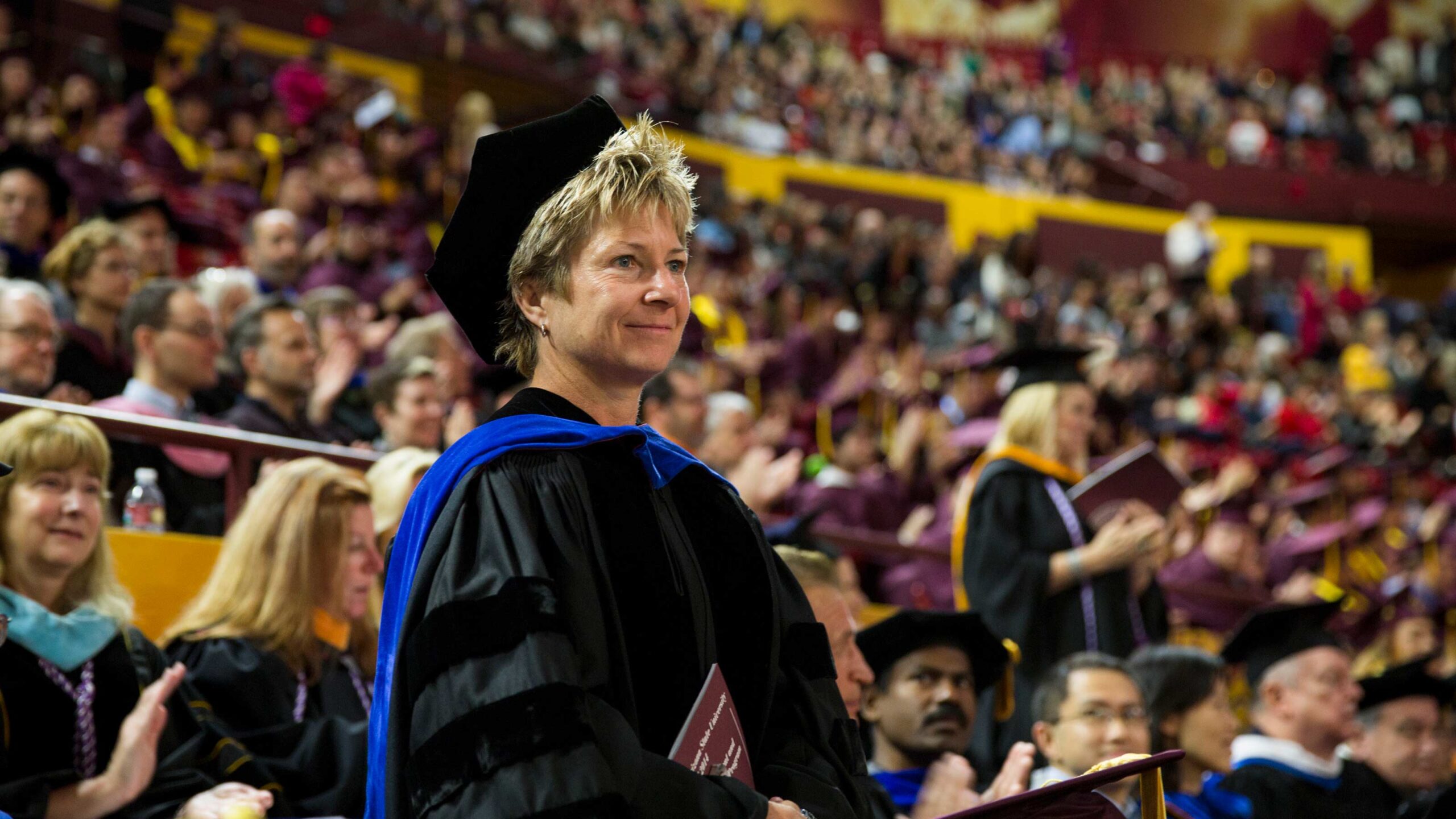
“Without a sliver of doubt, Dr. Mary Niemczyk remains one of the most influential forces in my higher education career. She motivated me to get a master’s degree and showed me new paths and horizons that I previously thought weren’t attainable. Indeed, she challenged her students, but made time for each and every one of us, pushing us to the next chapter in our careers. Her sense of goodwill, empathy and selflessness was contagious.”
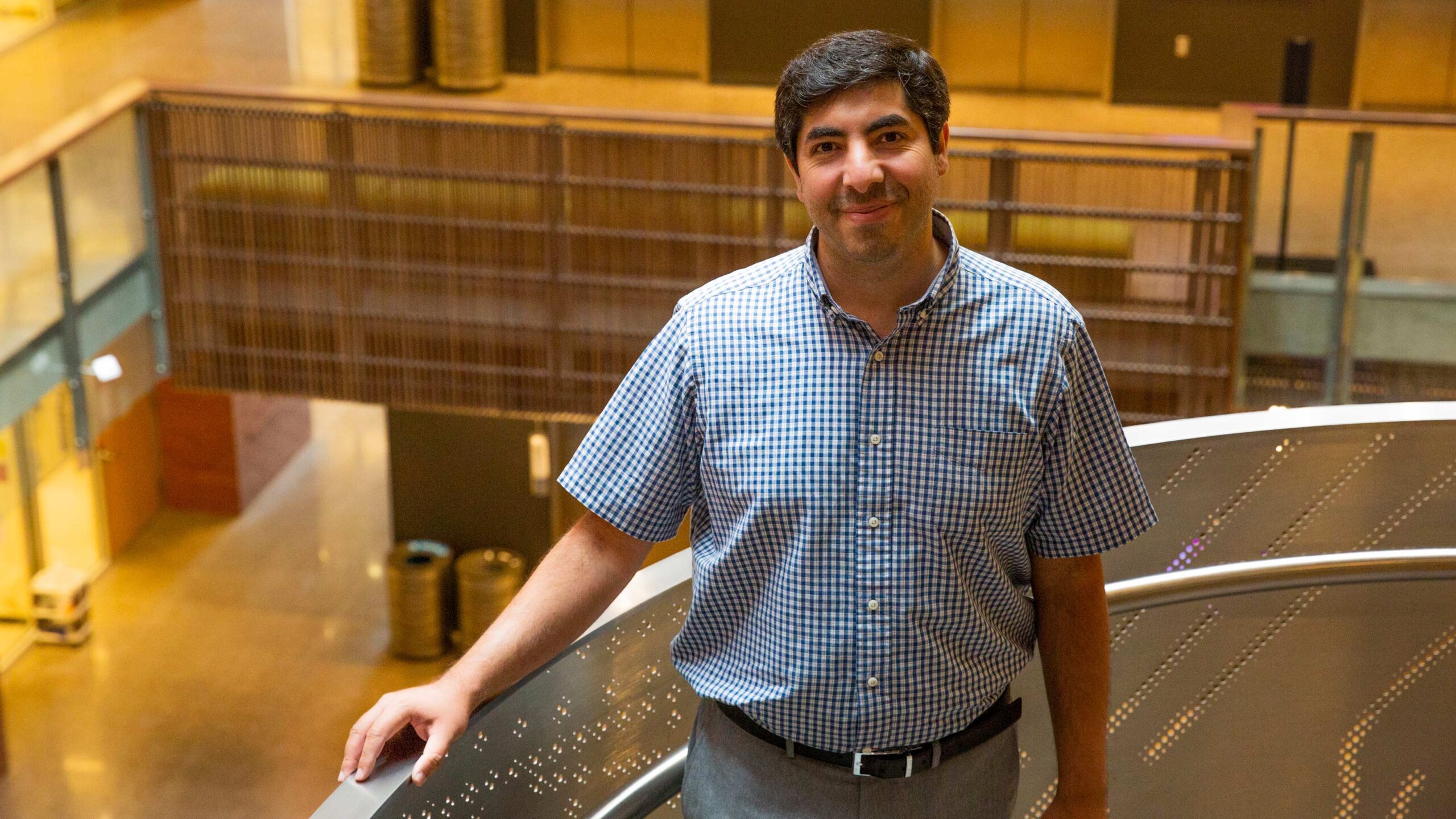
October
Engineering innovations to enhance the performance of wireless systems
Today, navigation, communications and nearly all operations of sea-going vessels and airborne transportation are performed with technologies that could scarcely be imagined only several generations ago. Still, the demands of the modern world necessitate innovative new connectivity and security developments. Saeed Zeinolabedinzadeh, an electrical and computer engineer and assistant professor, has earned a Young Investigator Award from the Office of Naval Research for his work to advance navigation and communications technologies for the next generation of highly reliable systems.


November
Happy 90th Birthday to Ira Fulton
On his 90th birthday, Ira Fulton had a lot to celebrate. For nine decades, the businessman and philanthropist has made an indelible mark — accomplishing professional goals, fulfilling personal ambitions and making a positive impact around the world through a diverse range of endeavors. This year, we recognized the major benefactor and namesake of the Ira A. Fulton Schools of Engineering at ASU, the success he has achieved and how he has used the fruits of his labors to help better the lives of others.

December
Computing scenarios for defusing polarizing politics
New research shows that common ground is shrinking in politics and people on opposite ends of the ideological spectrum are more entrenched in their divergent positions than at any time in recent history. Studies using big data and cutting-edge computational techniques confirm a troubling spread of extreme polarization across the United States. Two Arizona State University researchers — Stephanie Forrest and Joshua Daymude — and one of their colleagues examined the roots of accelerating social divisiveness through their computational lens.

Honorable mentions
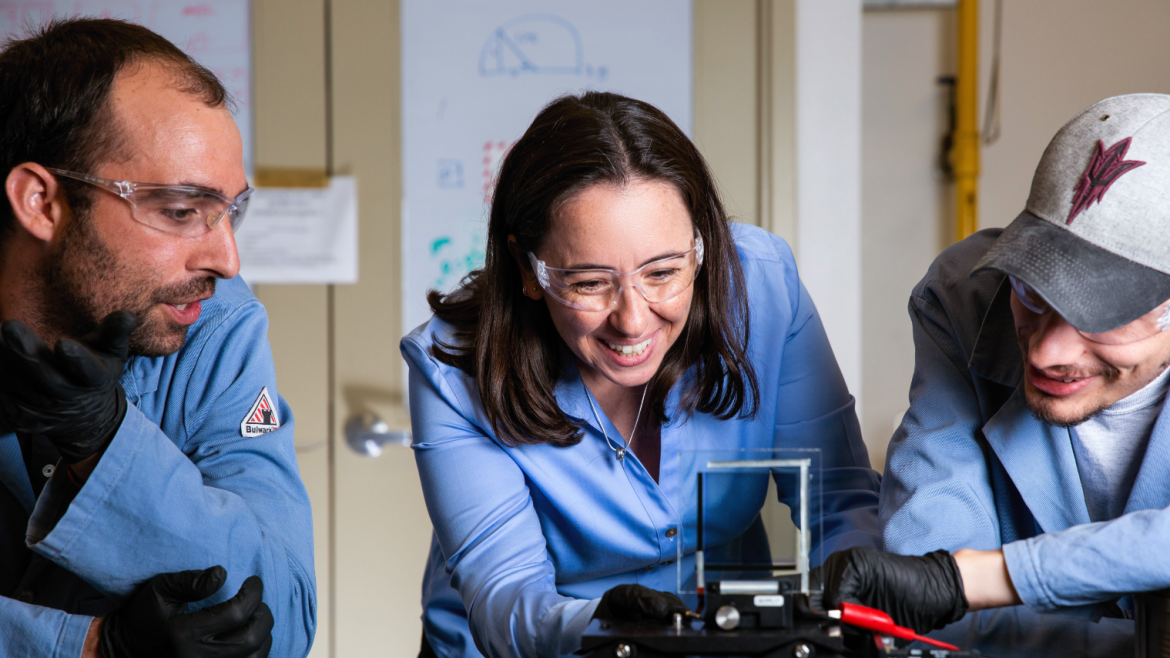
ASU has been at the forefront of creating a very different model for the Valley — one that isn’t just resilient in the face of change, but “antifragile.”
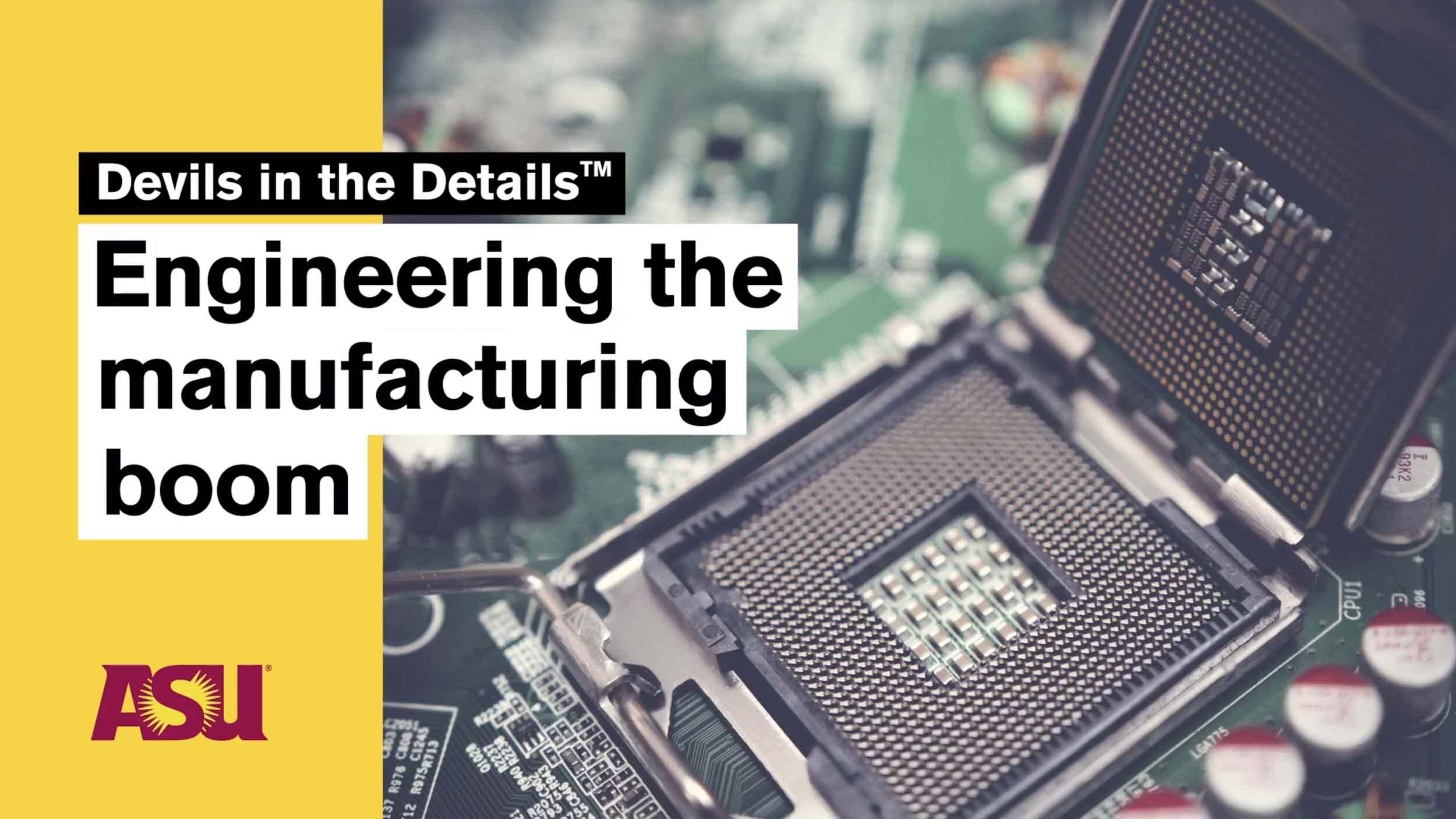
ASU is poised to help develop the talent pipeline needed to meet the demand for advanced manufacturing engineers.
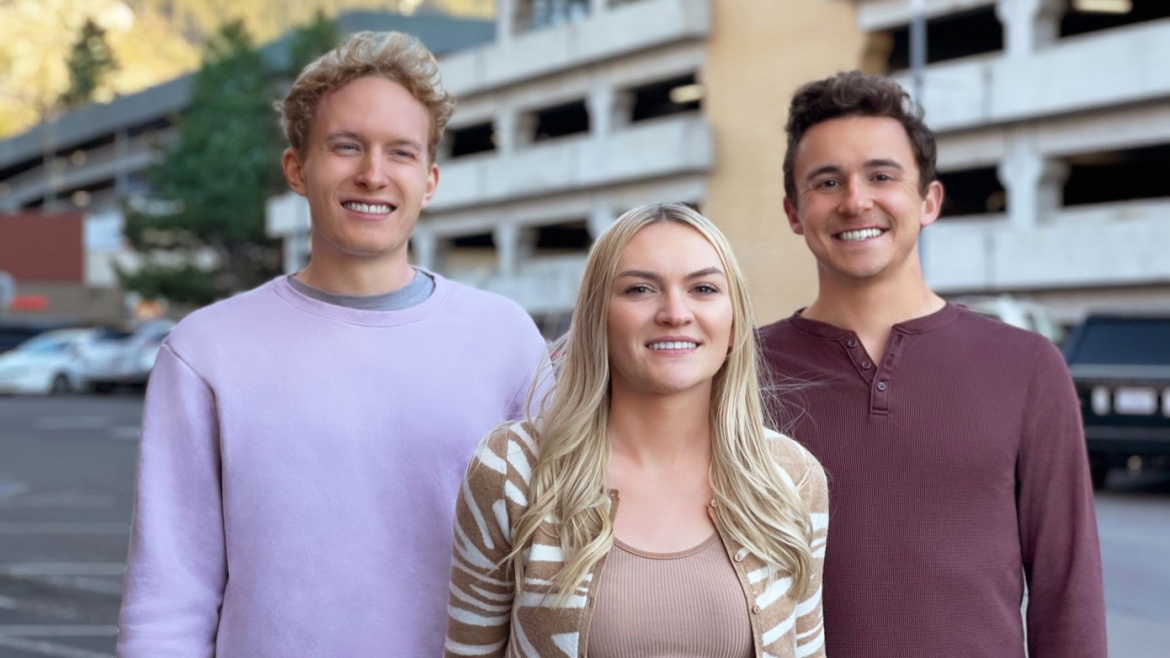
During their time at ASU, a trio of alumni formed AirGarage, an online marketplace for people to list, find and book parking spaces.
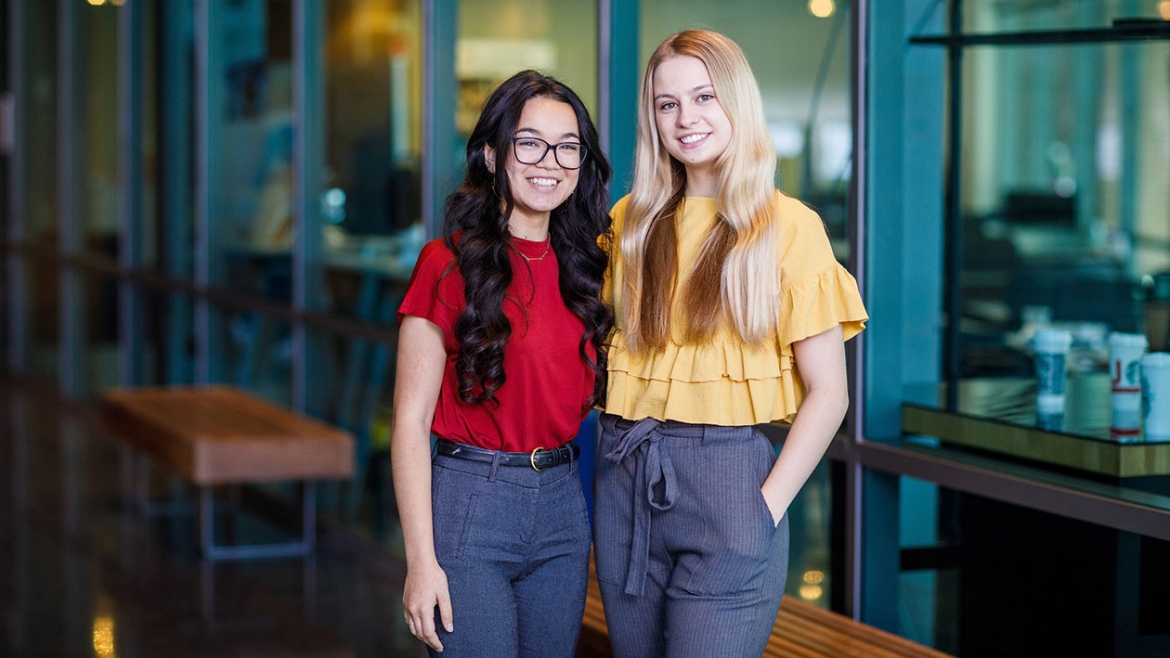
A pair of undergrads were selected from 182 applications nationwide for their innovative note-taking tool, Jotted.
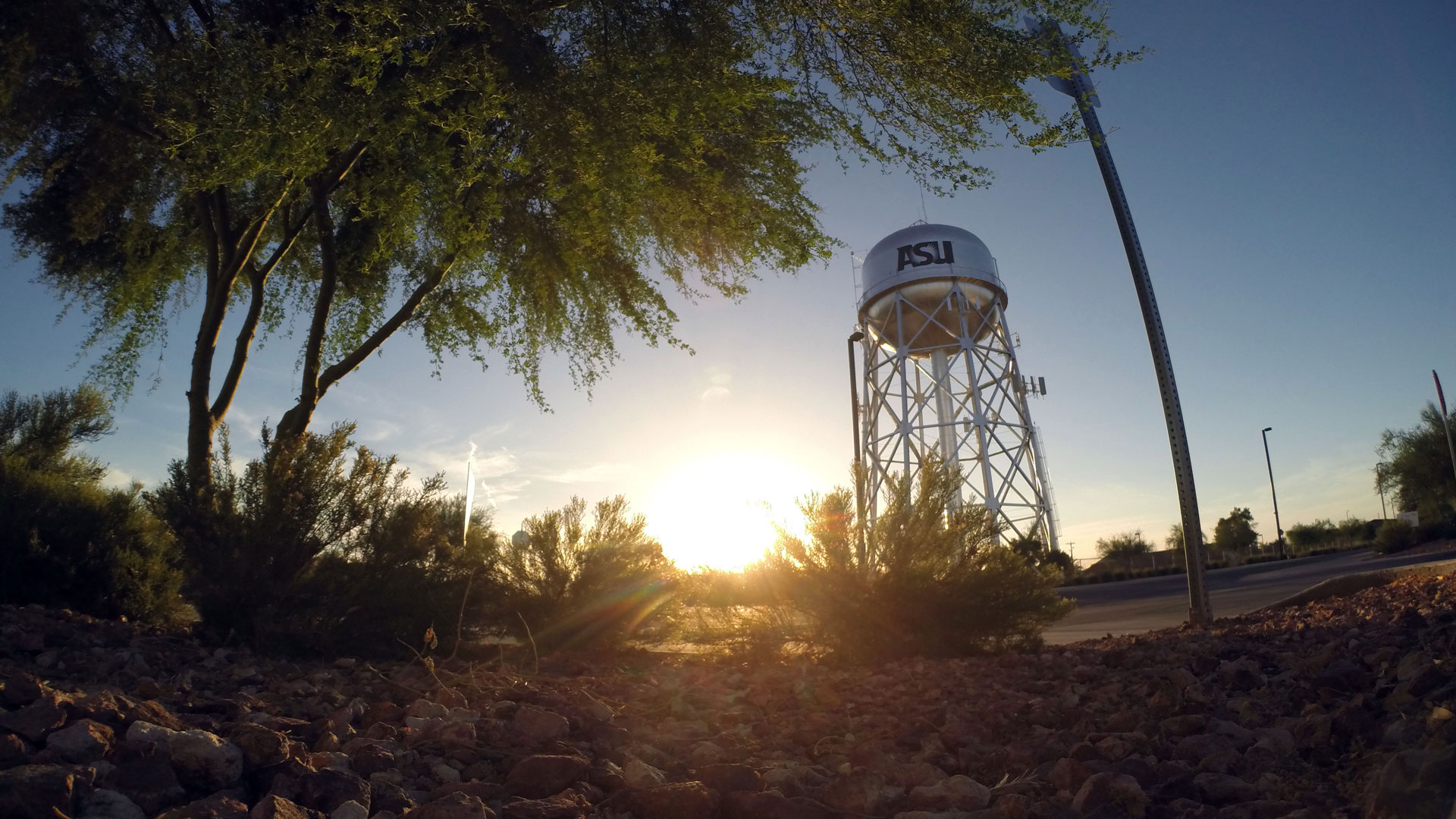
The Fulton Schools introduced a new school, the School of Manufacturing Systems and Networks, and is restructuring two others to increase impact and address critical societal challenges.
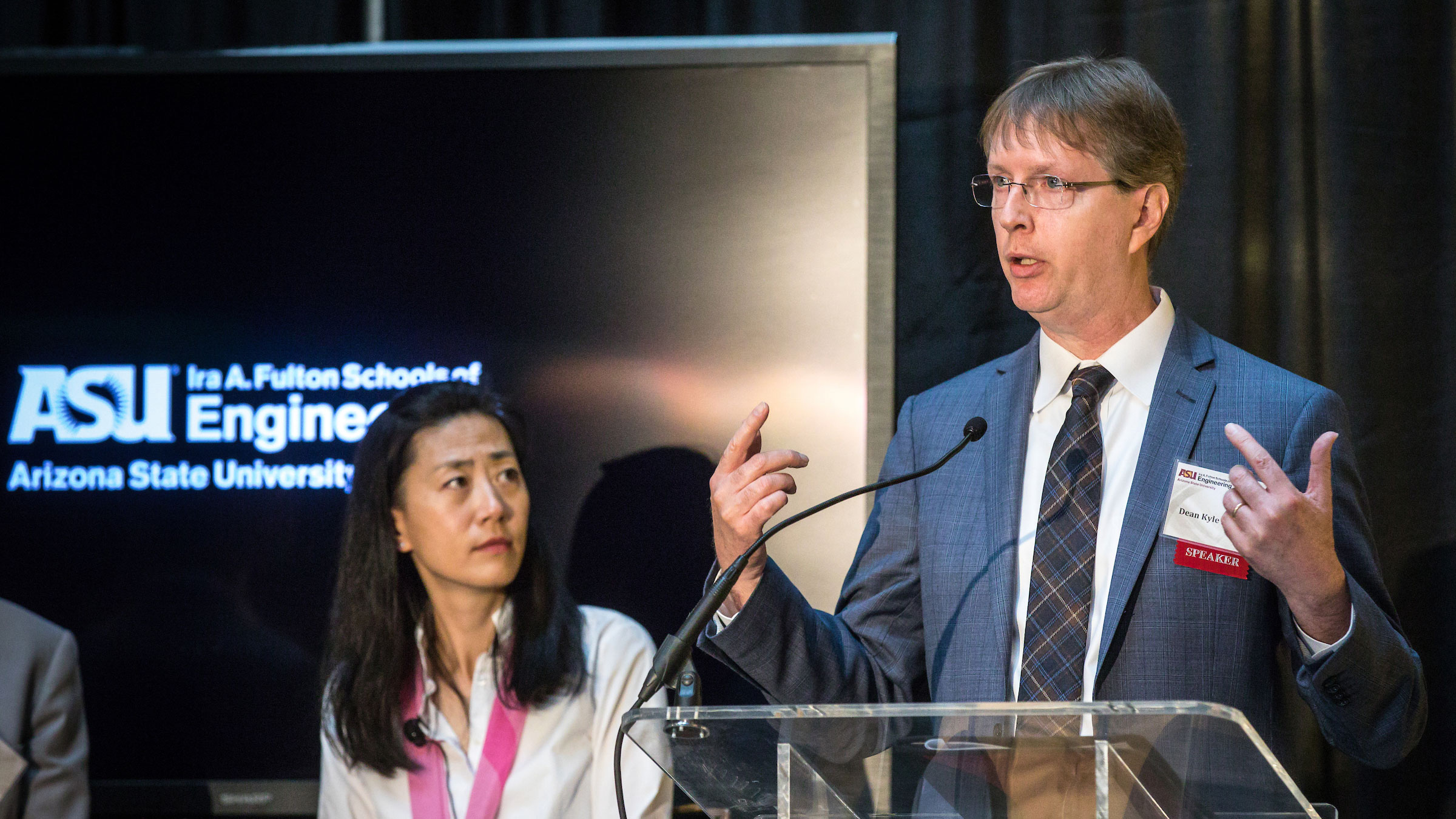
The new position acknowledges Squires’ role in reshaping engineering education at ASU and how that effort aims to expand in the future.






